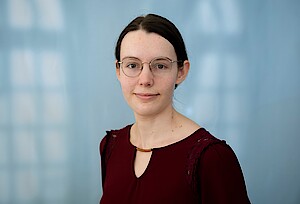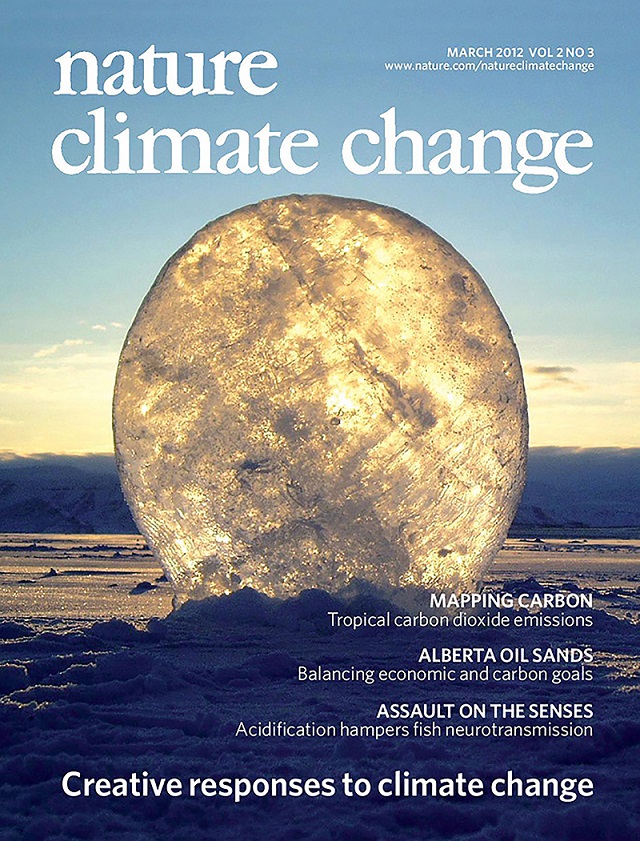Professor Marie Young-Brun, PhD

Current Position
since 11/23
Head of the Research Group Environmental Macroeconomics
Halle Institute for Economic Research (IWH) – Member of the Leibniz Association
since 12/23
Junior Professor
Leipzig University
Research Interests
- environmental economics
- climate finance
- economic growth
Marie Young-Brun is a member of the Department of Macroeconomics at IWH since November 2023 and a Junior Professor at Leipzig University since December 2023. Her research focuses on the growth, welfare and distributional effects of climate change and environmental policies.
Marie Young-Brun received her master's degree and her PhD from Paris School of Economics.






